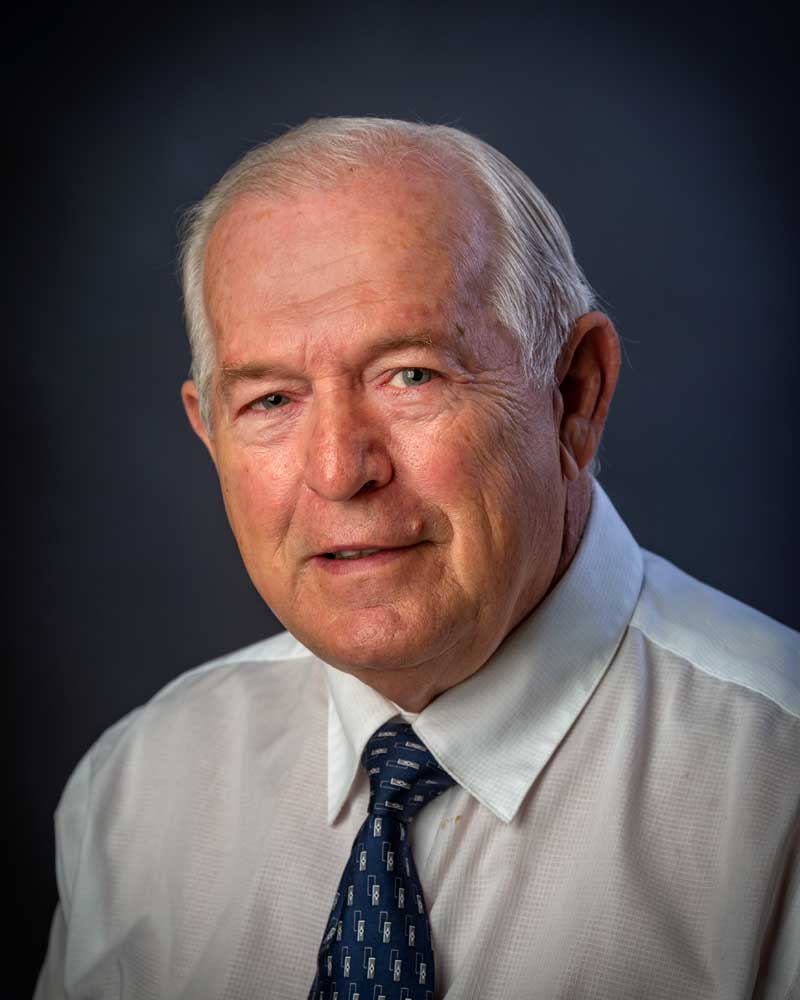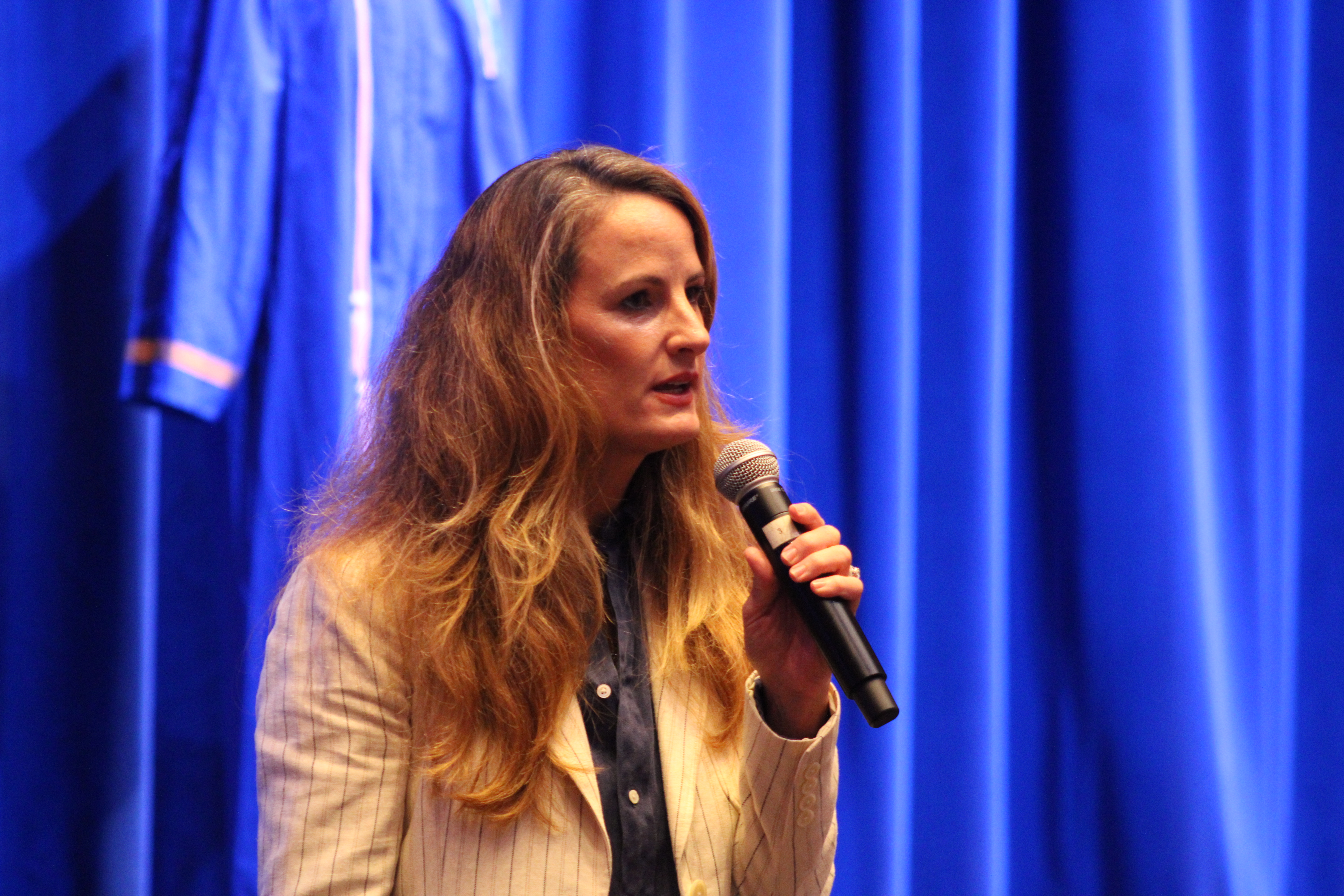Foster: OB/GYNs face legal uncertainties related to abortion bans
Published 6:00 am Friday, December 2, 2022
Editor’s note: This is the second of a two-part series on health care repercussions following the decision to overturn Roe v. Wade.
Alana Carstens Yalom is a third-year OB/GYN resident at the University of New Mexico. She attended medical school at Tulane University in New Orleans and entertained the idea of returning to Louisiana for her medical practice. But not anymore. She wants abortion care to be a part of her OB/GYN practice, and Louisiana has a ban.
Trending
“Now I don’t think that is even an option for me,” she said in a report by Christopher Rowland in The Washington Post.
Physicians, medical students and medical residents said in interviews they are worried about the impact overturning Roe v. Wade would have on the profession. How to navigate careers in the new landscape is a major topic of discussion among both doctors and trainees.
Mary Rose Porter, an Austin native who is a student at Baylor College of Medicine in Houston, said she will apply to residencies in her home state, but that the rest of the choices on her list will only be in states where abortion is legal. Porter, a member of Medical Students for Choice, said in the long term she does not expect to practice medicine in Texas.
In Nebraska, maternal fetal specialist Emily Patel joined a group of OB/GYNs forming a local political action committee to urge the state legislature not to pass an abortion ban. They are warning about “downstream effects” of an abortion ban on reproductive health more broadly.
A common example is for a woman whose water has broken in her 18th or 19th week. The risks of continuing that pregnancy to the health care of the mother and the fetus include developmental problems for the fetus and infection for the woman.
But under the proposed abortion ban in Nebraska, Patel said, it’s not clear whether even explaining termination options in such a circumstance would be legal.
Trending
“A physician (doesn’t) … want to be in a position where they are going to be criminally prosecuted for providing routine care and counseling,” Patel said. “These states where bans are going into effect are going to have trouble recruiting the next generation of OB/GYNs.”
Hospital systems in states with abortion restrictions including Texas, Utah, Mississippi, Alabama and Ohio did not respond to requests for comment or declined to respond to questions about how they are going to approach retention and recruiting challenges.
Opponents of abortion say worries about legal jeopardy and restrictions beyond elective abortions are overblown. One such opponent is Sandy Christiansen, an OB/GYN who is medical director of a Maryland CareNet pregnancy center that encourages women to continue pregnancies.
“There shouldn’t be any problems treating a miscarriage with medication or surgical intervention,” she said, but acknowledged some confusion. “Hopefully, the laws that will come along will clarify some of these things.”
However, the prospect of clarifying laws offers little comfort to doctors now facing crucial decisions that could mean the life or death of a patient based merely on where they are being treated.
Officials in some states are working to clarify how abortion bans are going to be applied. The Louisiana Department of Health recently issued a list of 25 fetal conditions that would justify termination of a pregnancy.
The legal uncertainties imposed by states restricting abortion access only add to the burden of OB/GYNs who pay some of the highest rates of malpractice and accompanying insurance costs.
The federal government has said the United States needs 9,000 more OB/GYNs, and the shortage will reach 22,000 by 2050.
In Michigan, an old pre-Roe abortion ban was renewed after a recent court ruling. The looming ban has prompted Tim Johnson, a veteran of high-risk pregnancy care at Michigan Health, to consider moving out of state. If the abortion ban sticks in Michigan, he said he may move to Maryland.
“I always said if (Roe) were overturned quickly like this, it would be terribly disruptive,” Johnson said. “We are starting to understand how truly disruptive it is.”







